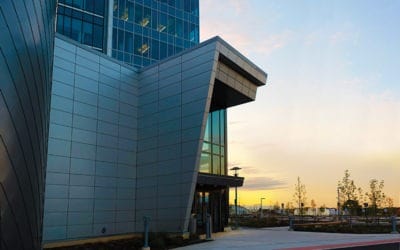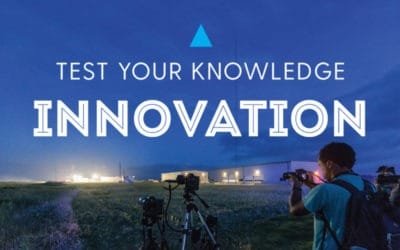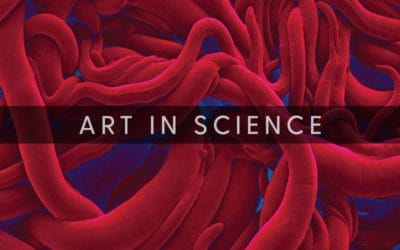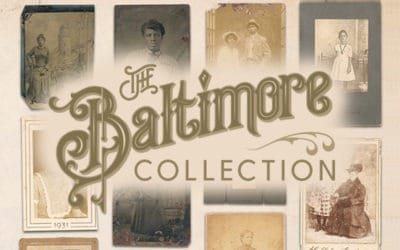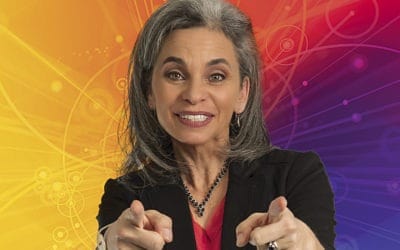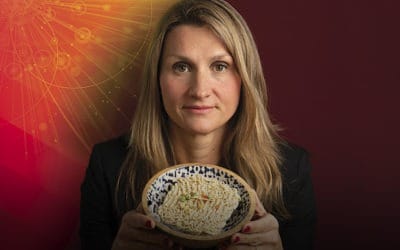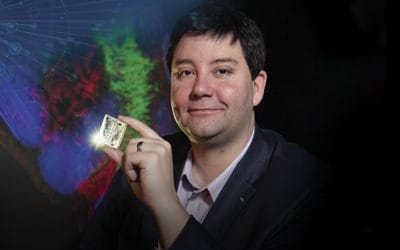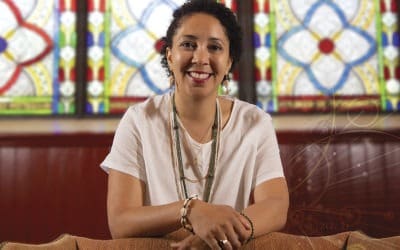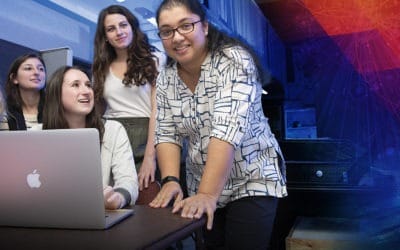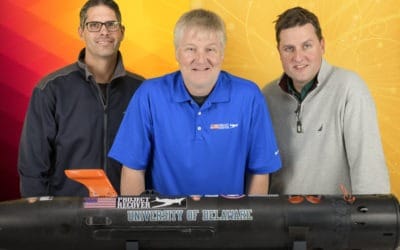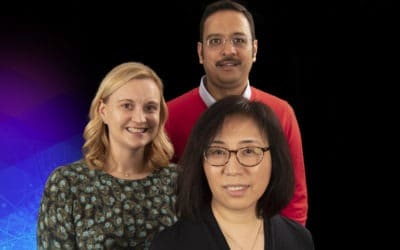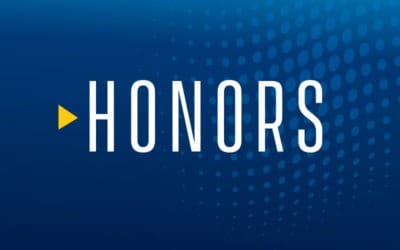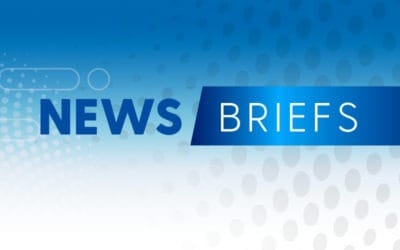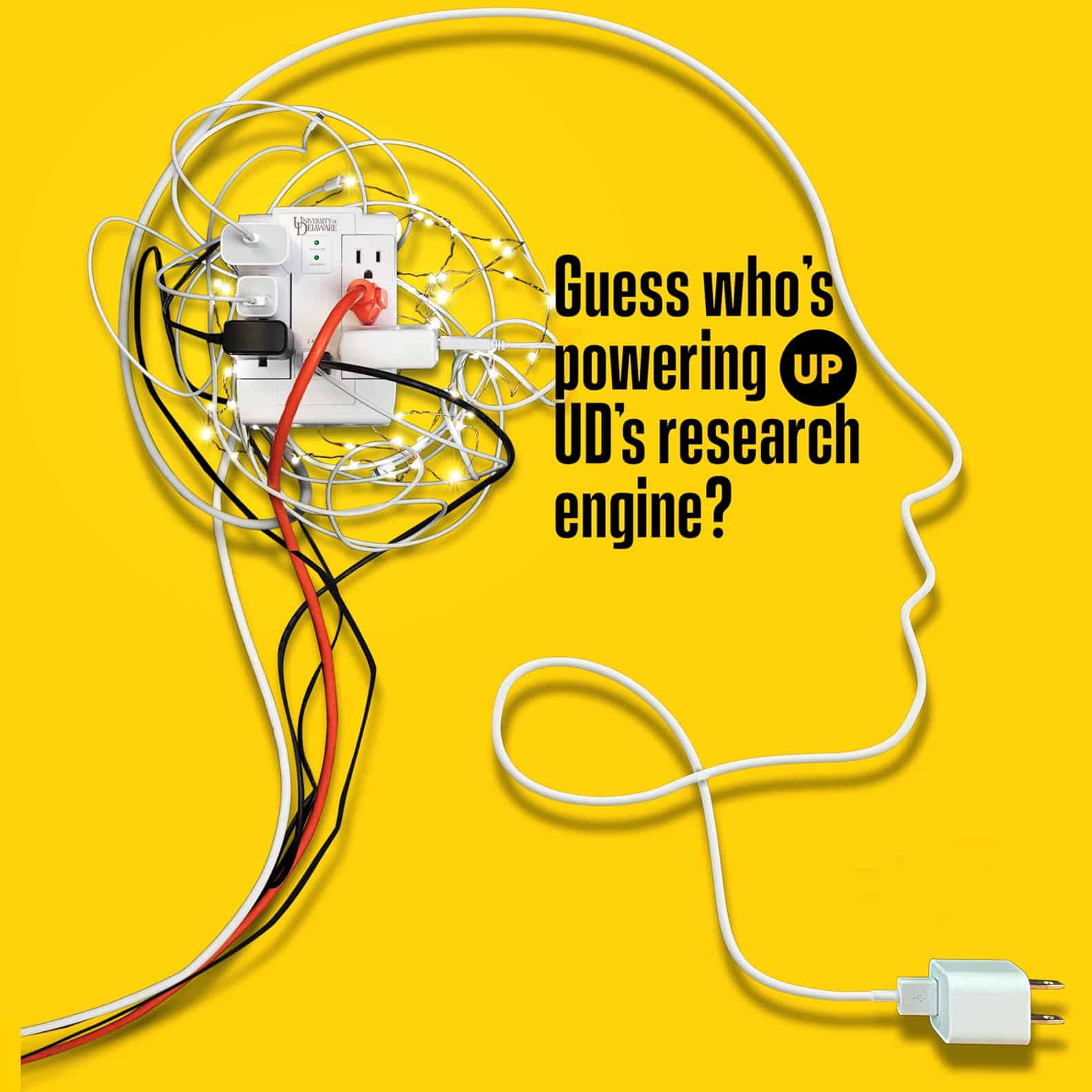
Graduate Students
On the Front Lines of Discovery

Graduate education is a catalyst, sparking change in individuals, industries and institutions.
By virtue of their preparation and motivation, graduate students seek innovation, question intellectual boundaries and work beyond disciplinary borders. At the University of Delaware graduate education thrives as there is emphasis on student success, mentoring and inclusion. With the recent establishment of a Graduate College at UD cultivates the dynamic spirit and approaches of graduate students and advancing UD’s contributions to research, scholarship, innovation and discovery while ensuring students are the central focus.
A typical day in the life of a graduate student starts at 6am and often does not end until over 11 hours later. It is probably a cliché to say that no two days are alike for a graduate student. Days during semesters are filled with seminars, lab work, writing thesis chapters and putting together lab meetings. We would like to give you a glimpse into this world discovery, creativity and scholarly achievement across disciplines.
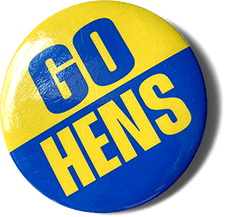
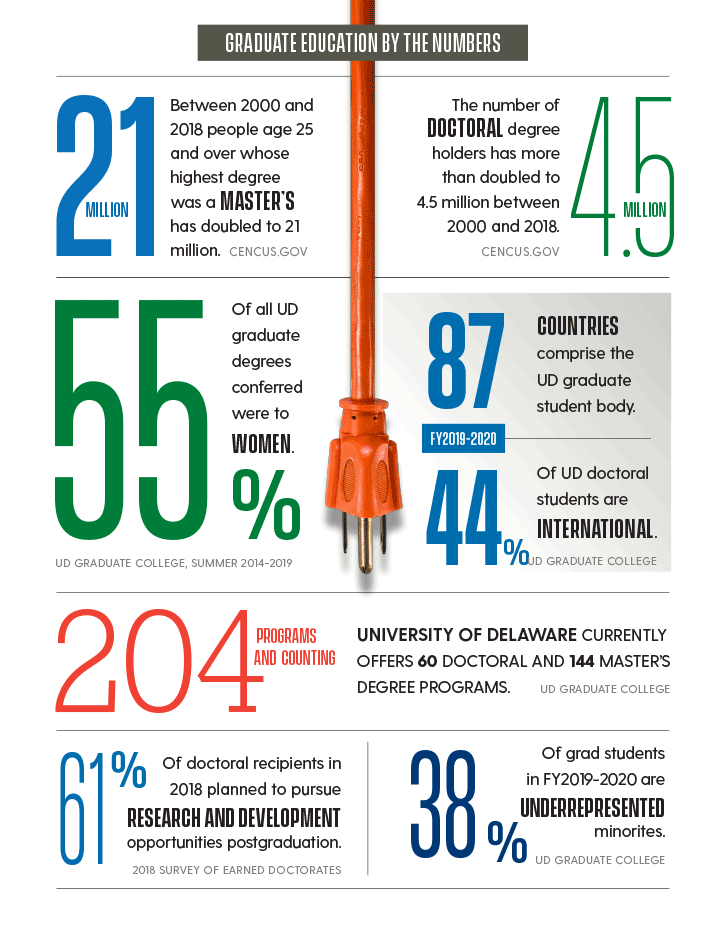

The educational level of adults is on the rise as more college graduates go on to earn master’s, professional and doctoral degrees. The option of seeking an advanced degree has gained momentum in recent decades, and now some observers call the master’s degree the “new bachelor’s degree.” Average earnings are significantly higher for individuals with advanced degrees than for those whose highest degree is a bachelor’s.
Since 2000, the number of people age 25 and over whose highest degree was a master’s has doubled to 21 million. The number of doctoral degree holders has more than doubled to 4.5 million.
We encourage you to explore the graduate statistics compiled by the University of Delaware and provided by Census.gov, UD Graduate College and the National Science Foundation
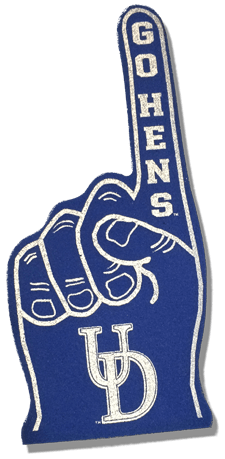
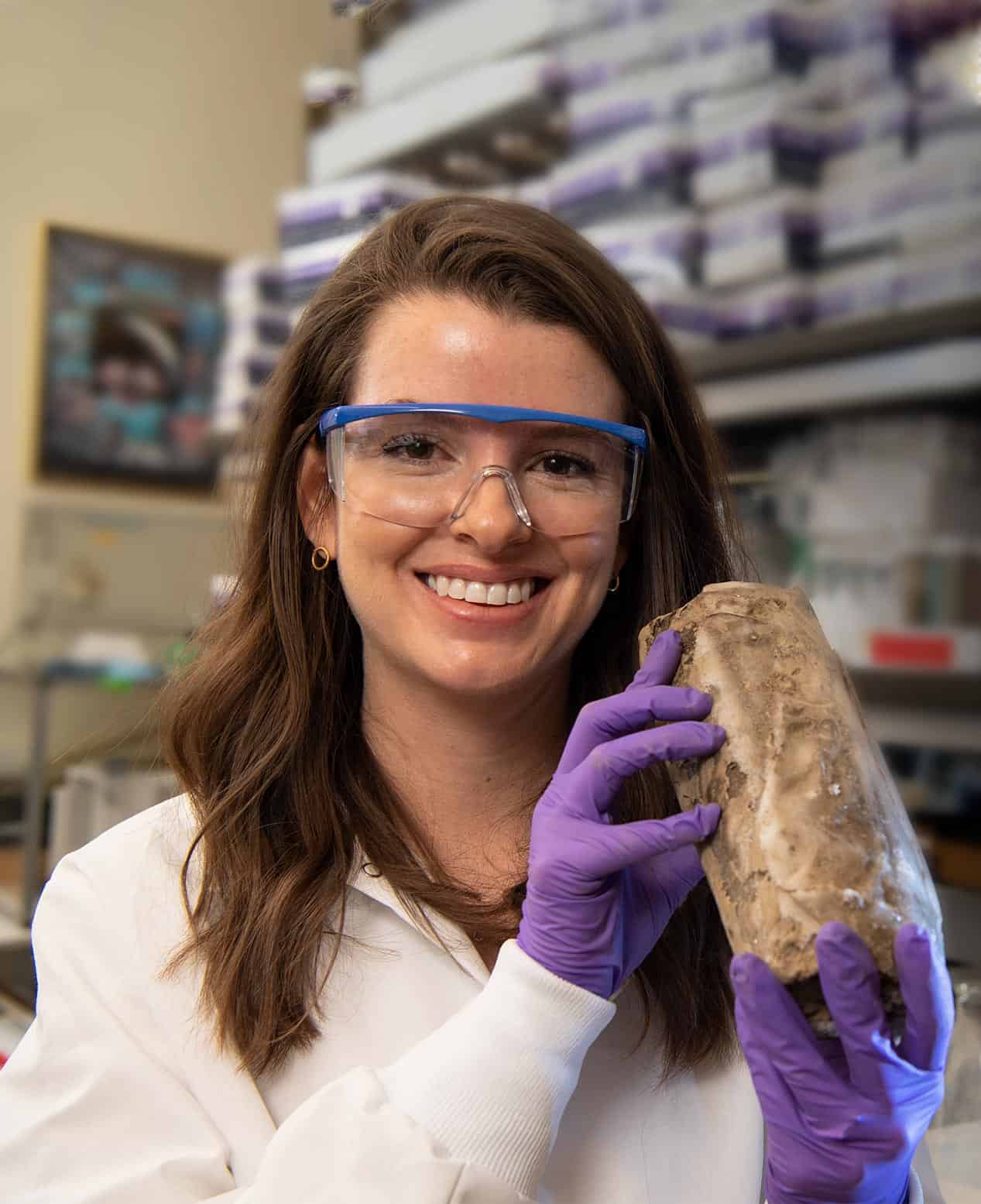
Liz Coward
Environmental Research
Liz Coward is a postdoctoral researcher in environmental chemistry at the University of Delaware, has seen firsthand the sobering impact climate change is having on permafrost in its natural environment. Coward works in the lab of Donald Sparks, Unidel S. Hallock du Pont professor of plant and soil sciences and director of the Delaware Environmental Institute, where she is studying core samples of permafrost collected from Alaska, among other things.
Coward grew up in Santa Fe, New Mexico, where she spent a lot of time outdoors, wondering about how the environment works. Research emerged as a fascinating option for the future during her undergrad years at Haverford College. Her advisor there, chemist Helen White, was studying samples from the Deepwater Horizon oil spill disaster in the Gulf of Mexico. Assisting with that work prompted Coward to get serious about research.
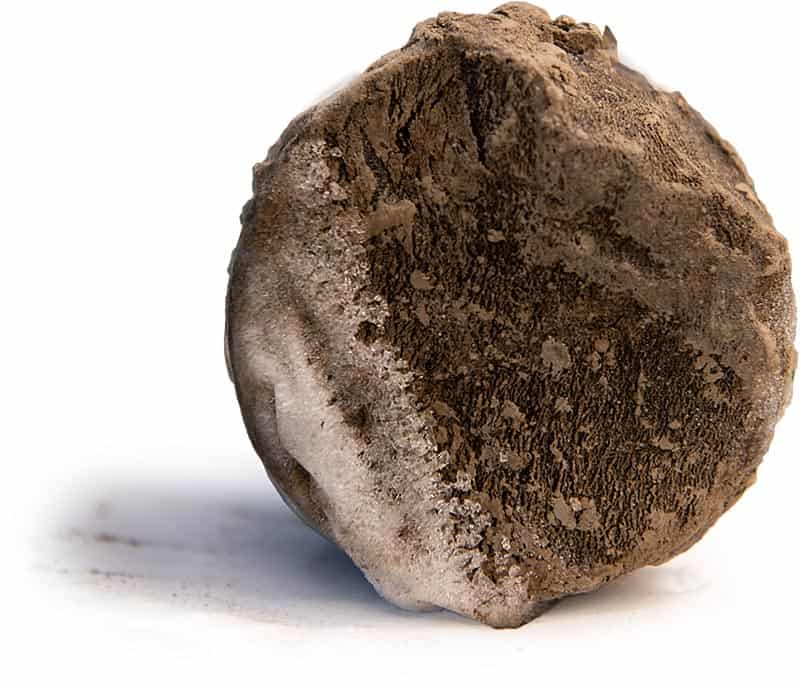
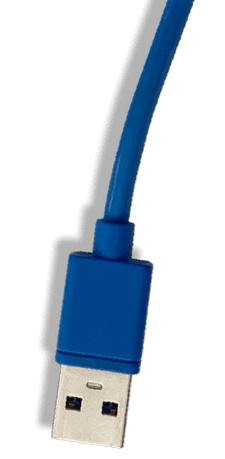

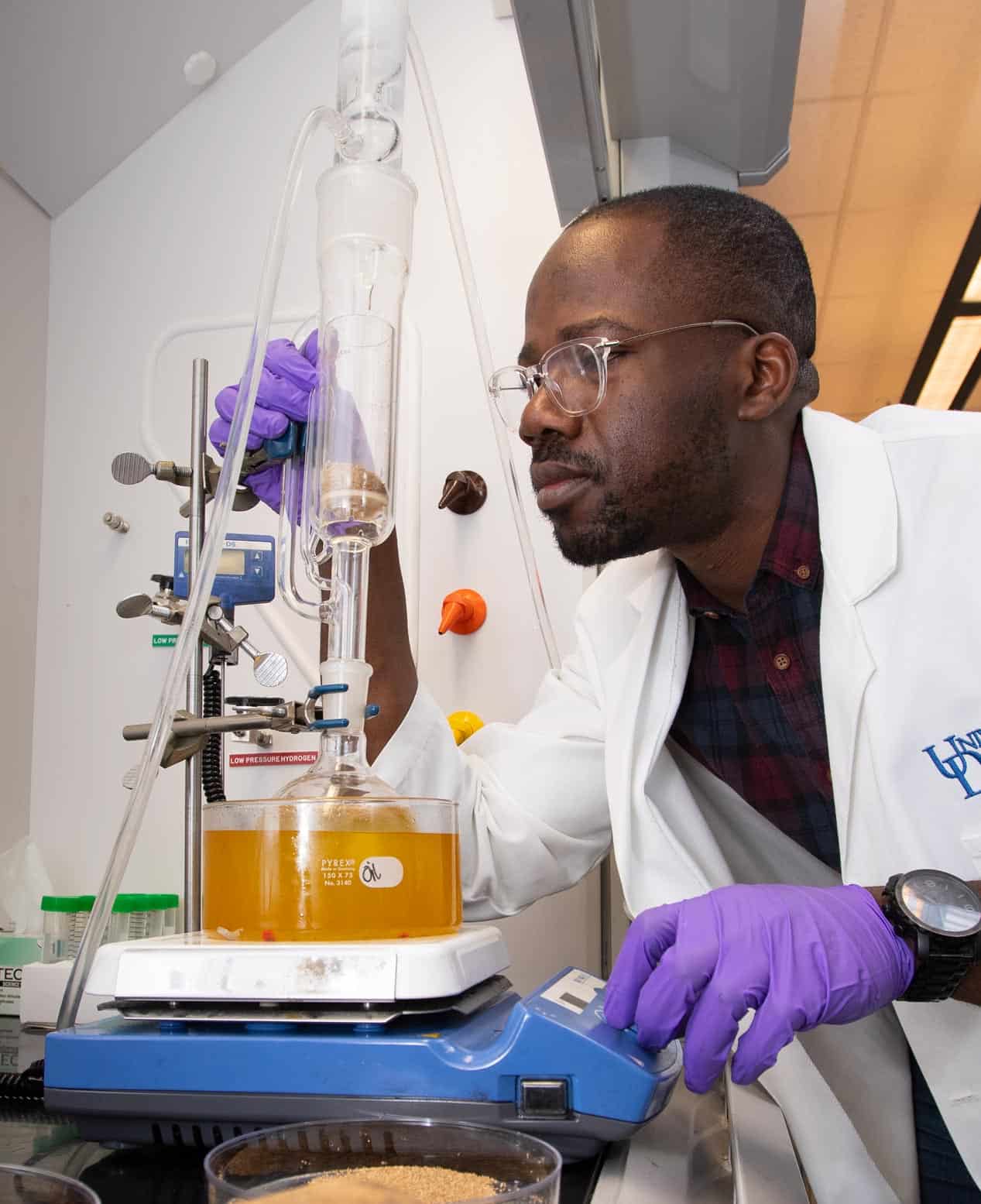
Elvis Ebikade
Energy Research
Elvis Osamudiamhen Ebikade is a fourth-year doctoral student studying chemical engineering under the advisement of Dion Vlachos, director of the Delaware Energy Institute. Ebikade earned his bachelor’s degree in chemical engineering from the University of Lagos in Nigeria. An undergraduate mentor and fellow of the Delaware Environmental Institute, Ebikade is eager to use his catalysis research to help solve global environmental challenges. He is co-founder of Lignolix, a UD-developed startup company focused on sustainably making materials from renewable biomass, such as lignin, a major component of trees, and pulp and paper waste that is typically thrown away. The startup recently earned funding to scale their work at Delaware Innovation Space, a public-private partnership between UD, DuPont and the state of Delaware..
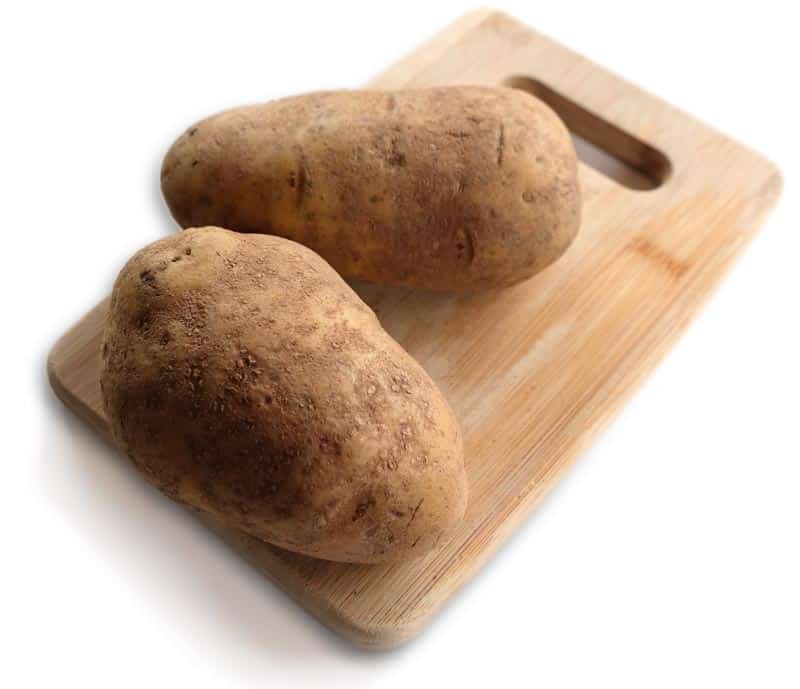


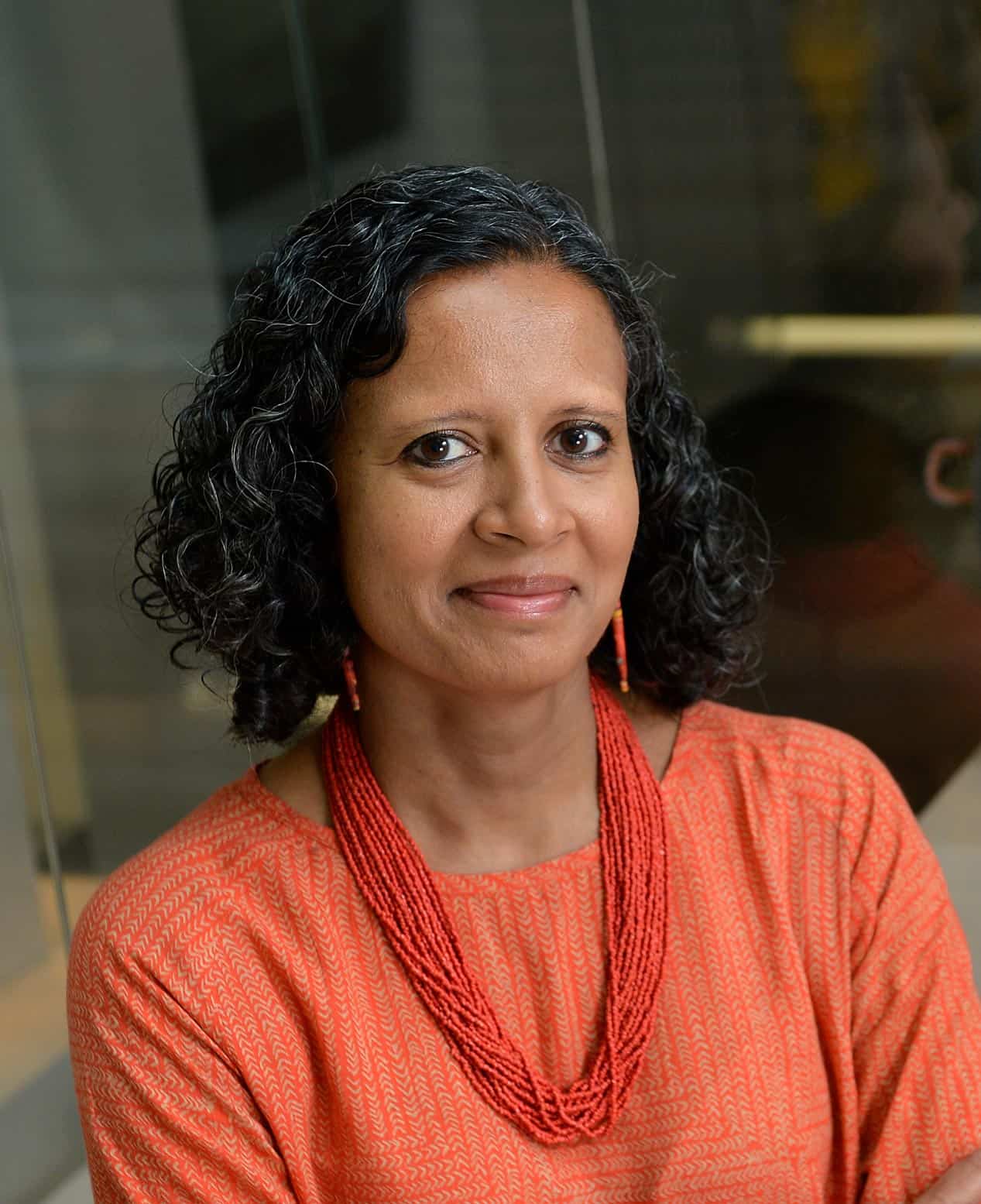
Sanchita Balachandra
Art Research
Sanchita Balachandra is a fourth-year doctoral student studying chemical engineering under the advisement of Dion Vlachos, director of the Delaware Energy Institute. Ebikade earned his bachelor’s degree in chemical engineering from the University of Lagos in Nigeria. An undergraduate mentor and fellow of the Delaware Environmental Institute, Ebikade is eager to use his catalysis research to help solve global environmental challenges. He is co-founder of Lignolix, a UD-developed startup company focused on sustainably making materials from renewable biomass, such as lignin, a major component of trees, and pulp and paper waste that is typically thrown away. The startup recently earned funding to scale their work at Delaware Innovation Space, a public-private partnership between UD, DuPont and the state of Delaware..
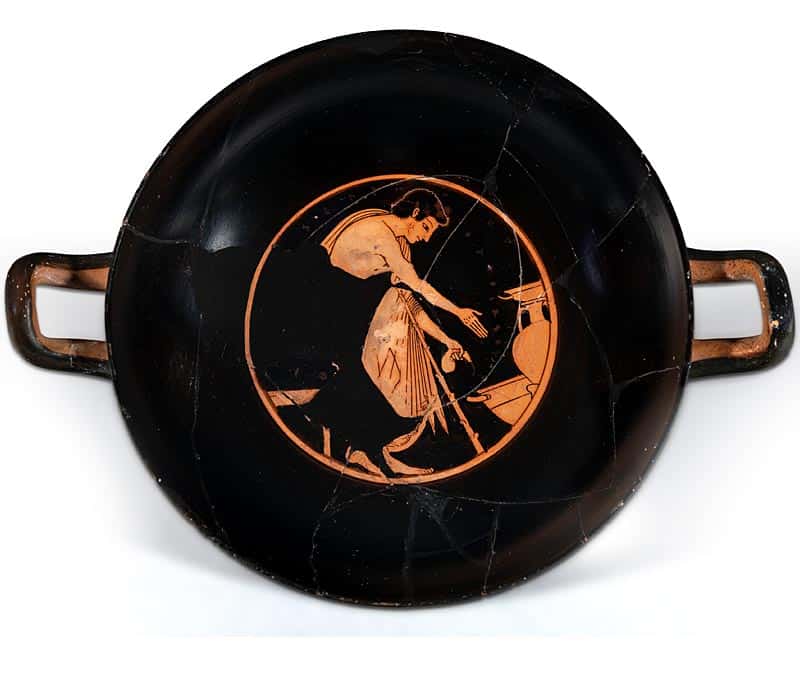


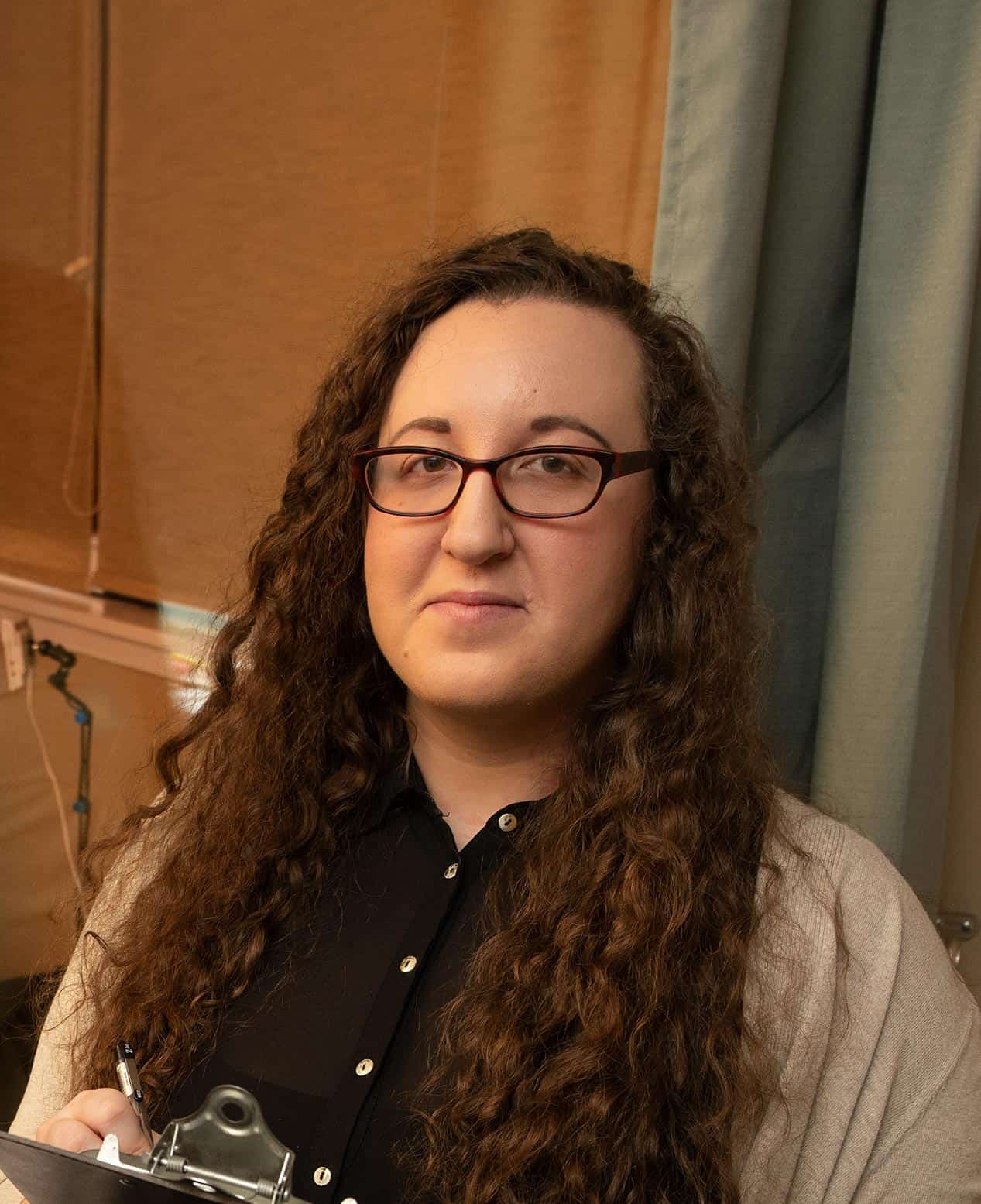
Alexandra “Lexie” Tabachnick
Social Science/Humanities
Alexandra “Lexie” Tabachnick was born in Philadelphia, the first of three children. Her mother is a preschool teacher, her father is in historic preservation. She earned her bachelor’s degree in psychology at the University of Chicago and her master’s at Villanova University, where she studied risk and resilience in families who were homeless.
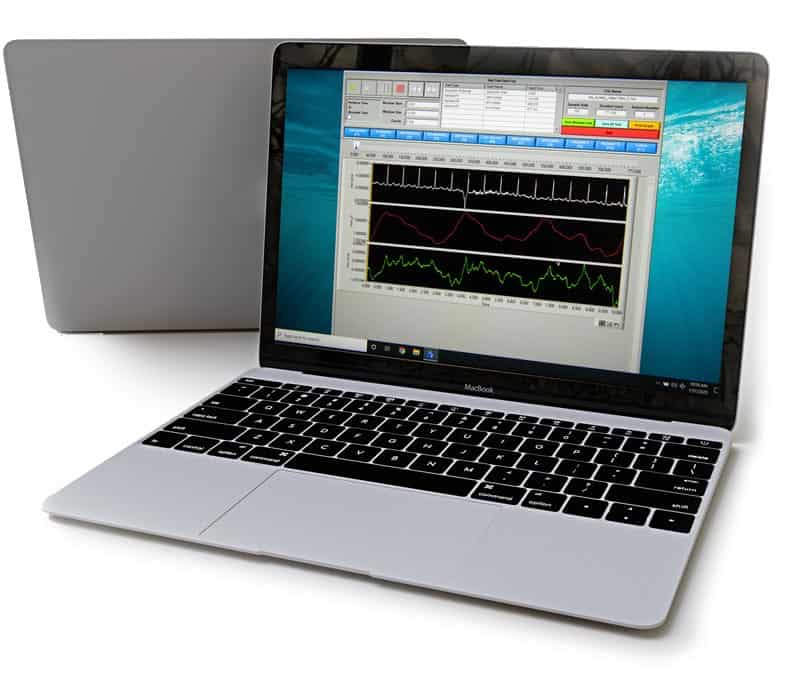


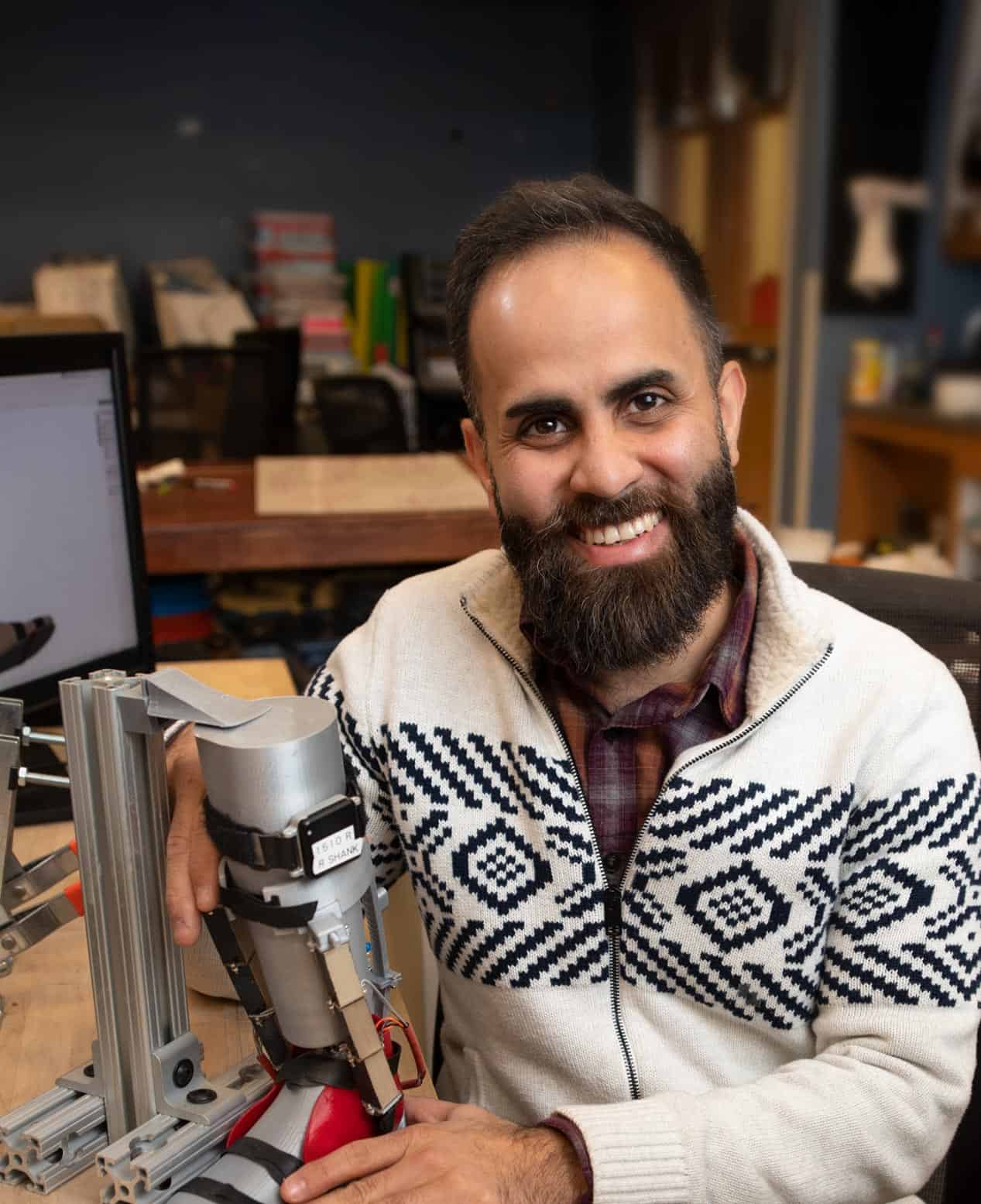
Ahad Behboodi
Health Science
Ahad Behboodi is a post-doctoral fellow with the University of Delaware’s Horn Entrepreneurship program. Behboodi is leading work to commercialize a promising robotic ankle brace for children with cerebral palsy, which grew out of his UD doctoral work with Samuel Lee, an associate professor in the College of Health Sciences. Behboodi earned his doctoral degree in biomechanics and movement science at UD in 2019.
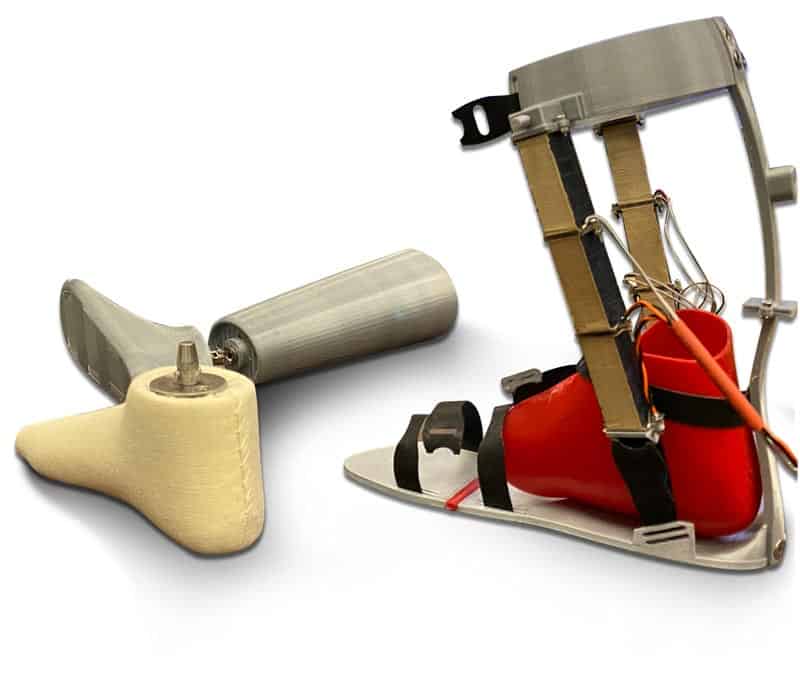


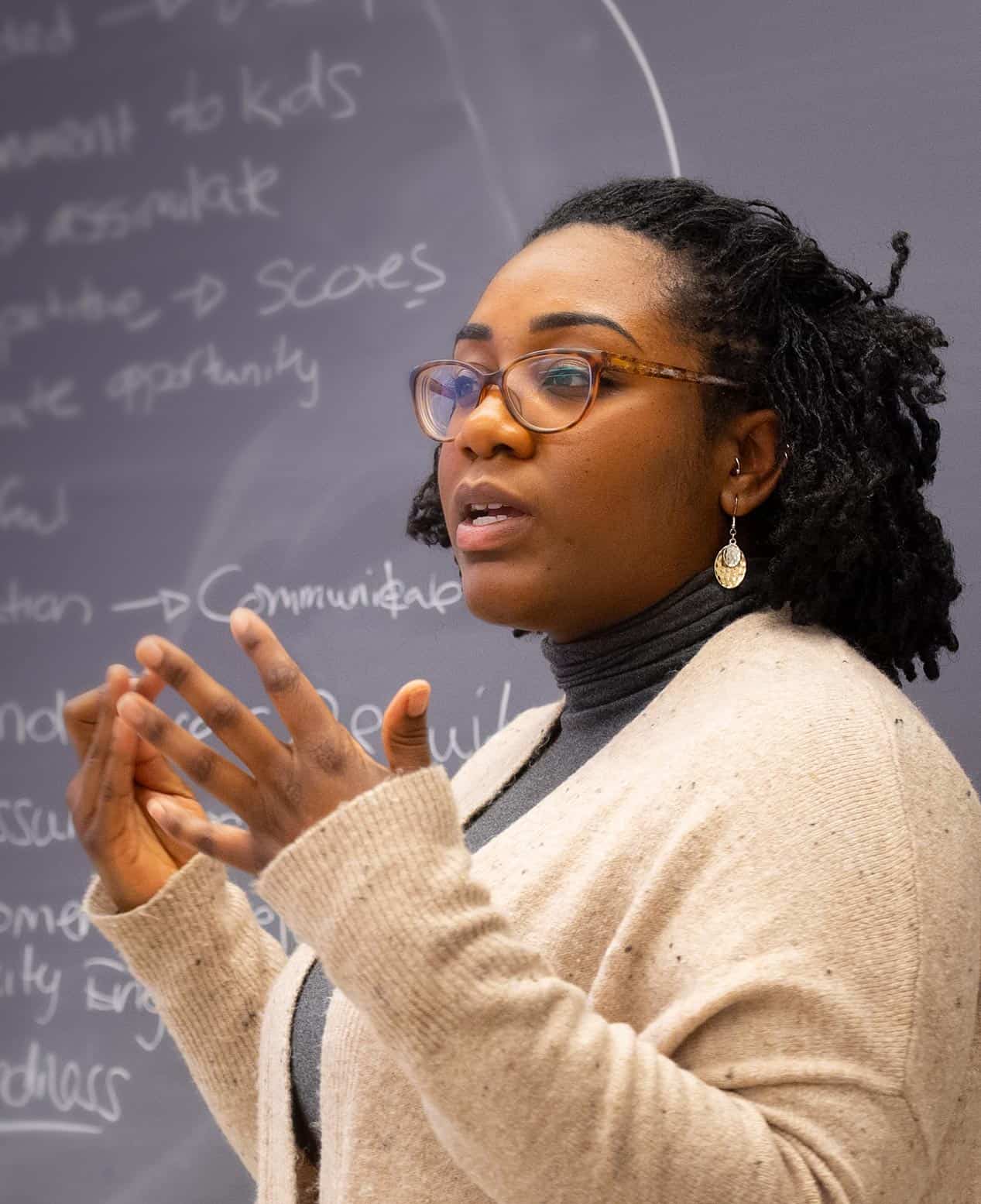
Nefetaria Yates
Education Research
Nefetaria Yatesis working on a Ph.D. in education. A graduate of UD’s Africana studies program, she is doing research on identity development, resilience and agency for youth in pan-African communities. Specifically, her work focuses on black girls’ experiences in formal learning contexts like traditional classrooms, as well as informal spaces, such as after-school programs.
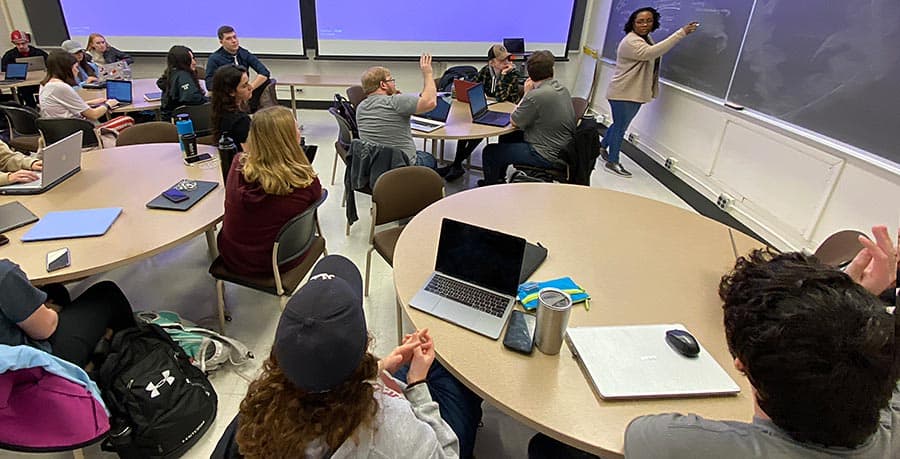
Xxxxxxxx xxx xxxxxxx xxx xxxxx xxxxx xxxx xxxxx xxx xxxxxxxxxxx xxxxx xxx xx. Xxxxxxxx xxx xxxxxxx xxx xxxxx xxxxx xxxx xxxxx xxx xxxxxxxxxxx xxxxx xxx xx.



Pablo McConnie-Saad
Policy Research
Pablo McConnie-Saad, Whittington Graduate Fellow and Public Administration Fellow, received his master’s in public administration at UD and is working on a doctoral degree in urban affairs and public policy. He has been a legislative fellow, serving as primary staffer for the state House Revenue and Finance Committee and the Economic Development, Banking, Insurance and Commerce Committee. In his current role, he has written for the Biden Blog on topics such as “The Challenge of Our Time.”
.



MORE STORIES
From the Vice President for Research, Scholarship and Innovation
A disruptor prevents things from proceeding as usual. But that’s not always bad. In research and education, we’re always turning ideas and methods on their ear in the quest to learn something new…
Innovation In Motion
UD researchers partner with Reebok to build a “smart” sports bra — a sports bra engineered to actually do its job!
Disruptors
This issue of the University of Delaware Research magazine puts new faces on this idea of disruption, highlighting the innovative way our researchers are tackling complex problems. Learn about their work and what drives them and how the disruption they cause can produce real benefit for our world.
Bright Star
UD’s Science, Technology and Advanced Research (STAR) Campus is shining ever brighter with the nationally recognized Tower at STAR.
Test Your Knowledge: Innovation
As a growing research institution, the University of Delaware is a place where you’ll find new ideas constantly sparking solutions to challenges once deemed impossible.The wonder of innovation is all around us, but what do you really know about it? Try your hand at these questions.
Art In Science
Now in its fourth year, this annual exhibit offers a captivating glimpse into a vast world of discovery at the University of Delaware.
The Baltimore Collection
Something truly special emerged from a box that no one expected until Julie McGee, associate professor of Africana Studies and Art History, and her University of Delaware students got their hands on the 53 photographs inside.
Disruptors: Probing the Power of Paradox
A professor of management at UD’s Lerner College of Business and Economics, Wendy Smith focuses on how leaders and teams can effectively respond to contradictory agendas.
Disruptors: Defending Equal Access to Food
How does a new supermarket impact people who live nearby? Can healthy options be found in the little store down the street? These are questions that Allison Karpyn ponders regularly.
Disruptors: Cracking a Cell’s Secret Code
Jason Gleghorn has held a variety of jobs since college—teacher, firefighter, medic, engineer. Today, he’s an interpreter of sorts, too, deciphering the language that cells use to communicate in hopes of advancing new treatments for congenital birth defects, pediatric diseases and more.
Disruptors: Making Our Way
Professor of Africana studies at UD and an ordained elder in the African Methodist Episcopal Church, Monica A. Coleman focuses on the role of faith in addressing critical social and philosophical issues.
Disruptors: Moving Forward with Autism
With skills in physical therapy, behavioral neuroscience and biomechanics, Anjana Bhat brings expansive expertise to her work developing creative therapies for those living with autism spectrum disorders.
Disruptors: Expanding Our World View
These co-founders of the Robotic Discovery Laboratories in UD’s College of Earth, Ocean and Environment manage a growing robotics fleet for use on land, in air and under the sea. They explore questions along the coast, at the poles and in deep regions of the ocean.
Disruptors: Harnessing Beneficial Microbes
So, what do a virologist, botanist and soil physicist have in common? This team from UD’s College of Agriculture and Natural Resources is leveraging their collective expertise to ensure that our food supply is safe and abundant, now and in the future.
Honors
UD researchers have been recognized recently by the National Institutes of Health, American Political Science Association, TED Fellows program, National Science Foundation, National Academy of Inventors and the Gates Cambridge Scholarship program.
News Briefs
Check out some recent developments, from the launching of major research programs to address environmental and health issues in the First State, to the preservation of a pair of 1909 mittens with a hallowed history.





